To provide the best experiences, we use technologies like cookies to store and/or access device information. Consenting to these technologies will allow us to process data such as browsing behaviour or unique IDs on this site. Not consenting or withdrawing consent, may adversely affect certain features and functions.
The technical storage or access is strictly necessary for the legitimate purpose of enabling the use of a specific service explicitly requested by the subscriber or user, or for the sole purpose of carrying out the transmission of a communication over an electronic communications network.
The technical storage or access is necessary for the legitimate purpose of storing preferences that are not requested by the subscriber or user.
The technical storage or access that is used exclusively for statistical purposes.
The technical storage or access that is used exclusively for anonymous statistical purposes. Without a subpoena, voluntary compliance on the part of your Internet Service Provider, or additional records from a third party, information stored or retrieved for this purpose alone cannot usually be used to identify you.
The technical storage or access is required to create user profiles to send advertising, or to track the user on a website or across several websites for similar marketing purposes.
 According to the latest data from the careers website Ladders, the availability of remote positions with salaries exceeding $200,000 has seen a drastic reduction. The High Paying Jobs Competition Index, a report by Ladders, indicates that only 12 percent of such jobs are now available remotely, a steep decline from the 37 percent recorded in the third quarter of 2022. This trend is evident across both technology and non-technology sectors. (more…)
According to the latest data from the careers website Ladders, the availability of remote positions with salaries exceeding $200,000 has seen a drastic reduction. The High Paying Jobs Competition Index, a report by Ladders, indicates that only 12 percent of such jobs are now available remotely, a steep decline from the 37 percent recorded in the third quarter of 2022. This trend is evident across both technology and non-technology sectors. (more…)





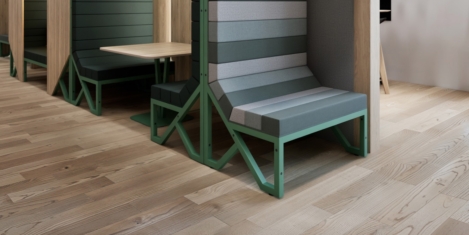
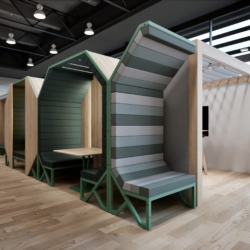







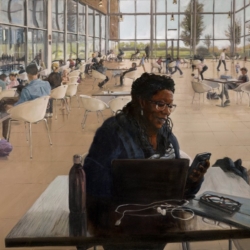




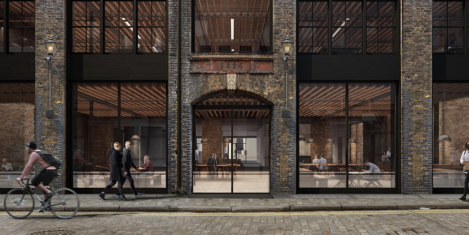
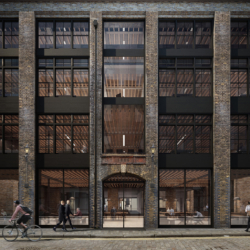












March 25, 2024
When you empower your colleagues, you’re delivering excellence for them and your clients
by Jennifer Davidson • Business, Comment, Wellbeing